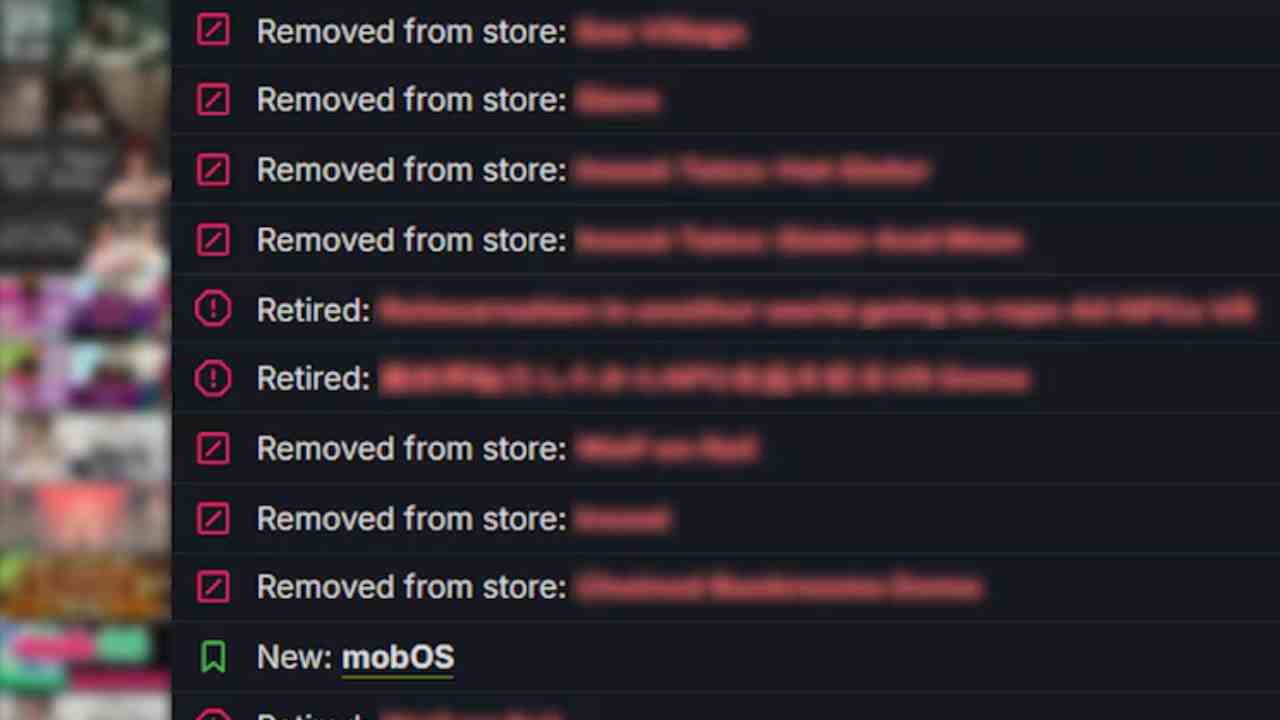CD Projekt’s GOG storefront has been designed as a bastion of game preservation, offering DRM-free downloads of major releases while also reviving classic PC titles for modern operating systems.
At a time where payment processors are targeting digital games storefronts such as Steam and Itch.io, GOG has pushed back by offering a number of specifically targeted “offending” titles for free via its Freedom To Buy Games initiative.
In an interview with Automaton West, public relations director, Piotr Gnyp, explained that the ongoing attacks by payment processors against PC gaming storefronts is a “game preservation issue” which risks certain games being lost forever.
“Every game that disappears from distribution is potentially lost to game preservation efforts,” the GOG spokesperson explained. “It is particularly worrying when games are potentially vanishing due to external pressure.”
Piotr explained that some games are removed in certain countries as they promote “content and ideologies that are restricted or prohibited by law”. Additionally, “delistings happen from time and time and are impossible to avoid completely”, but the worry is that third-party initiatives like the ongoing attack against NSFW games on PC storefronts are killing titles they deem unsavoury.
At the time of writing, the majority of these takedowns from payment processors due to the actions of Australian group “Collective Shout”. While the group claimed to only be targeting not safe for work content with unsavoury themes, the move has also caught other titles in the crossfire such as SABBAT, a body-changing narrative game that’s a metaphor for body dysmorphia.
In a post on BlueSky, LGBTQ+ comedy game creator Robert Yang explained that “payment processors [are] waging culture war against LGTQ people and sexual expression”, and many believe the attack on adult-themed video games is just the start of even more video game censorship.
While huge games like the upcoming Grand Theft Auto 6 likely won’t be affected by future video game censorship simply due to their size, this could trickle down and hit smaller developers such as solo indie devs working on their own.
Earlier this year, there was an online petition against Collective Shout, however, this petition was removed despite mass support from gamers.

